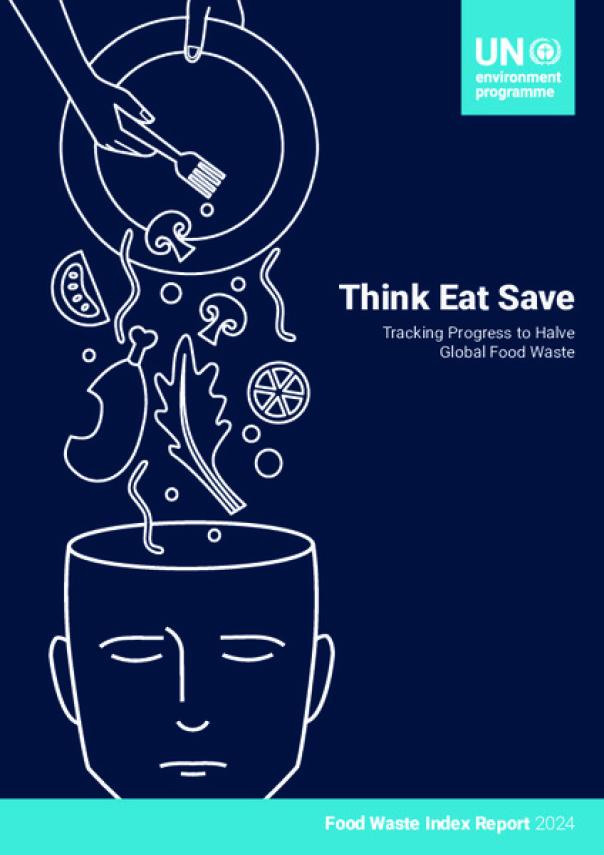
The UNEP Food Waste Index Report 2024, co-authored with WRAP, provides the most accurate global estimate on food waste at retail and consumer levels. It also provides guidance for countries on improving data collection and suggests best practices in moving from measuring to reducing food waste.
In 2022 there were 1.05 billion tonnes of food waste generated (including inedible parts), amounting to 132 kilograms per capita and almost one-fifth of all food available to consumers. Out of the total food wasted in 2022, 60% was household waste, with food services responsible for 28% and retail 12%.
Inger Andersen, executive director of UNEP, said: “Food waste is a global tragedy. Millions will go hungry today as food is wasted across the world. Not only is this a major development issue, but the impacts of such unnecessary waste are causing substantial costs to the climate and nature.
“The good news is we know if countries prioritise this issue, they can significantly reverse food loss and waste, reduce climate impacts and economic losses, and accelerate progress on global goals.”
Only four G20 countries (Australia, Japan, UK, the USA) and the European Union have food waste estimates suitable for tracking progress to 2030. The report serves as a practical guide for countries to consistently measure and report food waste.
According to recent data, food loss and waste generates 8-10% of annual global greenhouse gas (GHG) emissions – almost five times that of the aviation sector. The toll of both food loss and waste on the global economy is estimated at roughly USD 1 trillion.